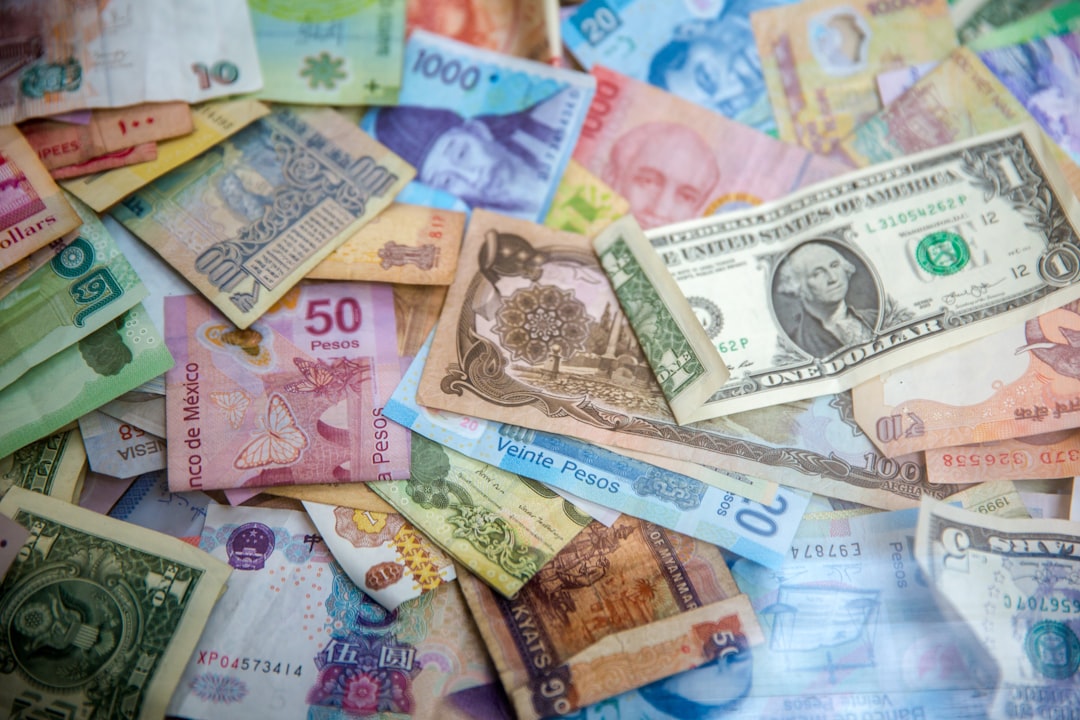Nominations are open for the 2022 Albies!
It’s time to select the best writing on political economy for the 2022 calendar year.

Welcome to December! It’s that time of year again — time to collect nominations for the 2022 Albies!
This is an annual list that began 14 years ago when I began writing at Foreign Policy. I kept in going during my year at the Washington Post, and I’ll be damned if I stop doing it now that I’m on Substack!
My criteria for an Albie remain as follows: “Any book, journal article, magazine piece, working paper, op-ed or blog post published in the calendar year [about the politics of the global economy] that made you rethink how the world works in such a way that you will never be able to ‘unthink’ the argument.”
Over the years my definition has widened even further than that; past Albie winners have included fictional work like the film Margin Call and a Roy Kent speech from Ted Lasso. The argument certainly does not need to appear in a peer-reviewed journal or university press book (though it should be noted that those attributes are not bad things either). The argument and/or evidence needs to be clear and compelling — which is, alas, harder to do with respect to the global political economy than you might think.
The Albies are named in honor of Albert O. Hirschman, author of “Exit, Voice, and Loyalty,” “The Passions and the Interests,” “National Power and the Structure of Foreign Trade” and other stellar books and papers. For outstanding biographies of Hirschman, check out Jeremy Adelman’s outstanding “Worldly Philosopher: The Odyssey of Albert O. Hirschman” as well as Michele Alacevich’s “Albert O. Hirschman: An Intellectual Biography.”
To get a sense of what I’m talking about, please check out the 2021 Albie winners.
2022 has been a weird year for the global political economy. After a few years of extreme global disruption, 2022 felt like an odd mix of returning to normality mixed with fretting about a “polycrisis.” If there were fewer contagion-like shocks (the pandemic, social unrest), 2022 still had lots disruption. There were also stresses that eased, however, like container shipping prices. This has lead to quite a few items of interest. It has also, however, been a disjunctive year for me, so I probably missed a ton of stuff. Readers are strongly encouraged to propose as many Albie nominations as you like in the comments.
This is not like those annual best-film or best-book lists that are completed six weeks before the calendar year ends. It is entirely possible, nay, likely, that an Albie winner will be published in the month of December. Therefore the winners will be announced, as always, on December 31st.
Submit away!


I nominate two. Both became increasingly pertinent as the year progressed.
First, Disorder by Helen Thompson, who presents an argument that structural transformations in the global energy markets three decades ago explain the geopolitical turmoil that we find ourselves in today.
Second, The Economic Weapon by Nicholas Mulder. This piece complemented my youtufully optimistic liberal-internationalist-institutionalist perspective of IR by tracing the history of sanctions carefully from the end of the First World War until today. While the book admits the failure of sanctions as being a strong enough force for coercion, it nevertheless highlights some core debates within sanctionalism (is it morally correct to sanction food supplies?) and some of the failures of interwar sanctionalism. Anyone wishing to make a contribution to the debate surrounding the efficacy of sanctions in Russia should read this book first.
How about Brad Delong's Slouching Towards Utopia? Does it qualify or is it too much on the economics/history side?